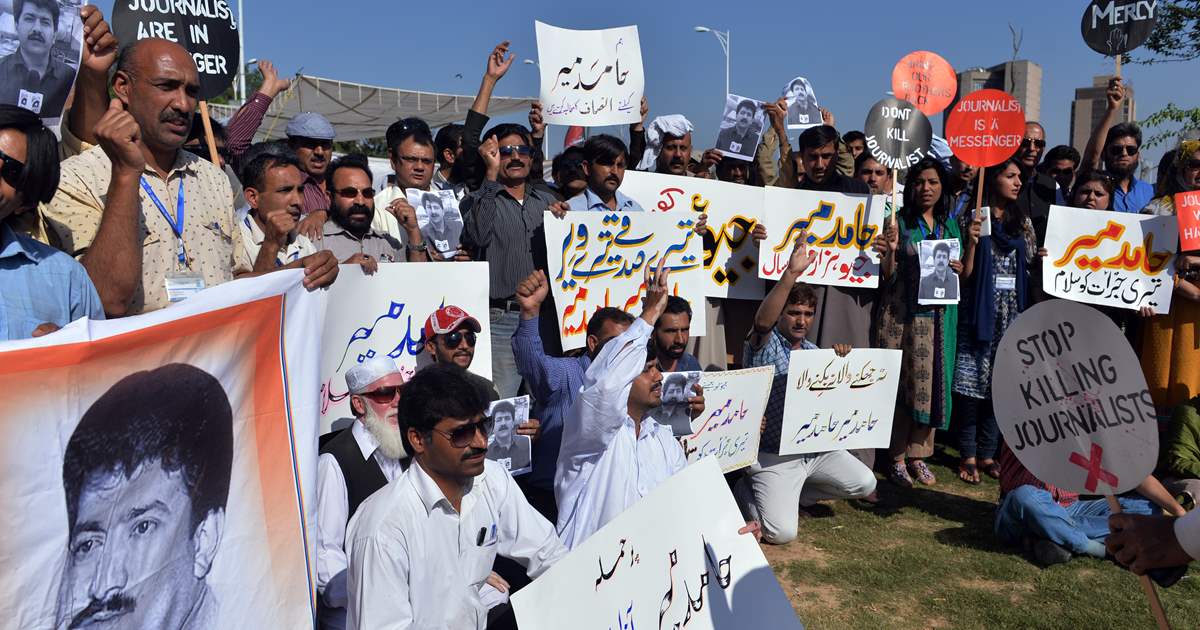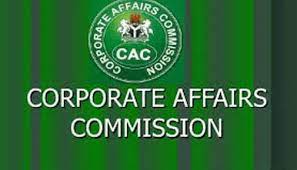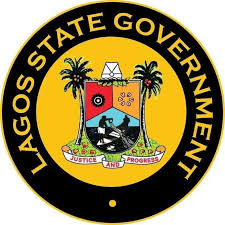As the world marks the International Day to end impunity crimes against journalists, Amnesty International has condemned the Sudanese government for its constant harassment of journalists.
It has also called on the authorities to stop the “shameful assault on freedom of expression and let journalists do their jobs in peace,” insisting that “Journalism is not a crime.”
“Sudan must amend the laws that are being used to trample on press freedom in the name of regulation, and instead enable and facilitate freedom of expression in the country, Amnesty said.”
In a document released by the group titled Sudan: Relentless harassment, intimidation, and censorship of journalists must end, it noted that Sudanese authorities have been unrelenting in their quest to silence independent media by arresting and harassing journalists, and censoring both print and broadcast media
It noted the arrest and detention of at least 15 journalists between January and October 2018 by the government’s National Intelligence and Security Agency (NISS), as well as the seizure of the entire print run of 10 newspapers on at least 27 occasions
Sarah Jackson, Amnesty International’s Deputy Director for East Africa, the Horn and the Great Lakes, said: “Since the beginning of 2018 the Government of Sudan, through its security machinery, has been unrelenting in its crackdown on press freedom by attacking journalists and media organizations.
READ ALSO: Breaking: Buhari Receives his WAEC Certificate
“Instead of embracing freedom of expression, the hostility directed towards independent media shows the lengths to which the Sudanese authorities will go to silence dissidence.”
She disclosed further that in almost every month this year, journalists have been summoned and interrogated for several hours, with some being arrested and charged, and others imprisoned simply for doing their job.
According to her, journalists were upbraided and harassed, for reasons such as tarnishing the reputation of the country and discussing the Press and Publication bill before it had been passed into law.
“The authorities are not only trampling on press freedom and freedom of expression in the country, but they are also violating all manner of rights that journalists should be enjoying without restrictions,” Jackson lamented.
The document quoted a journalist with the Al Tayar newspaper, Maha Al Telib, who has been summoned and interrogated three times this year as saying she was questioned about some articles she had written on the Islamic State in Libya, the US-Sudan relationship, and the South Sudan peace process among others, and said: “The reasons for summoning her were clearly arbitrary and she was asked to reveal her news sources during interrogations, which is outright unethical. This incessant harassment of journalists for reporting on pertinent events is forcing many reporters to self-censor for fear of being targeted by the authorities. No journalist should have to work under such circumstances.”
Amnesty further disclosed other infractions against journalists to include outright ban from practicing journalism, suspension/ban on TV Talk shows as well as pre-press censorship whereby newspaper editors receive a daily call from NISS agents to discuss their planned editorial content and are asked to justify their story lines or NISS agents showing up at newspaper printing presses to review each edition ordering editors to drop certain stories before publication
Jackson therefore insisted: “Journalists and the media remain a vital component in realizing the right to freedom of information and must be allowed to do their work without such interference and intimidation.
“Amnesty International calls on the Sudanese government to immediately revise the Press and Printed Materials Act of 2009, to align it with international standards that allow freedom of the press and freedom of expression to flourish.”











